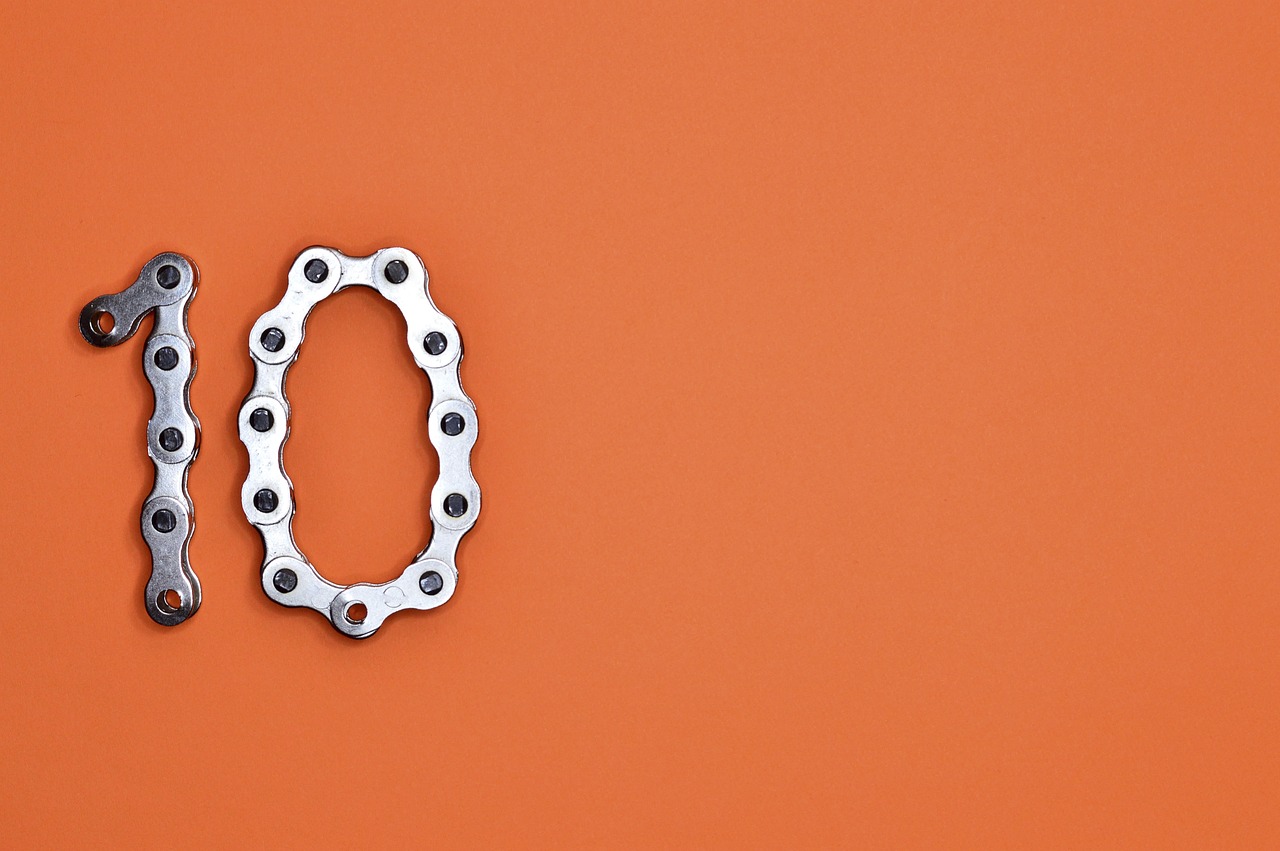The Importance of Protein in Muscle Building
Protein is the cornerstone of muscle growth and recovery. It provides the building blocks (amino acids) needed for muscle repair and development, especially after rigorous exercise. For vegans, meeting protein needs is not only possible but can be achieved with nutrient-dense, plant-based foods.
This guide explores the best vegan protein sources for muscle building and how to incorporate them into your diet for optimal results.
Top Vegan Protein Sources for Muscle Growth
1. Legumes and Pulses
- Protein Content: Around 18g per cup (cooked).
- Examples: Lentils, chickpeas, black beans, and kidney beans.
- Benefits:
- High in fiber, aiding digestion and energy levels.
- Packed with complex carbohydrates for sustained workout energy.
- How to Use: Add them to salads, stews, or grain bowls for a protein boost.
2. Tofu, Tempeh, and Edamame
- Protein Content: 10–20g per serving.
- Derived From: Soybeans, a complete protein source.
- Benefits:
- Tofu is versatile for various recipes.
- Tempeh is rich in probiotics, supporting gut health.
- Edamame is a quick snack or addition to meals.
- How to Use:
- Grill or stir-fry tofu.
- Marinate tempeh for extra flavor.
- Snack on steamed edamame.
3. Seitan (Wheat Gluten)
- Protein Content: 21g per 3-ounce serving.
- Benefits:
- Closest in texture to meat, making it a satisfying alternative.
- Extremely high in protein while low in fat.
- How to Use: Sauté, bake, or add to stir-fries and sandwiches.
4. Quinoa
- Protein Content: 8g per cup (cooked).
- Benefits:
- A complete protein with all nine essential amino acids.
- Gluten-free, suitable for those with gluten sensitivities.
- How to Use: Use as a base for bowls, salads, or pair with roasted vegetables.
5. Nuts and Seeds
- Examples: Almonds, chia seeds, flaxseeds, hemp seeds, and pumpkin seeds.
- Benefits:
- Rich in protein, healthy fats, and omega-3 fatty acids.
- Ideal for post-workout recovery and muscle repair.
- How to Use:
- Add to smoothies, oatmeal, or yogurt alternatives.
- Use nut butters as spreads or dips.
6. Plant-Based Protein Powders
- Popular Types: Pea protein, rice protein, and protein blends.
- Benefits:
- Convenient for quick protein intake.
- Easily digestible and versatile.
- How to Use: Mix with water or plant-based milk, or add to smoothies.
Combining Protein Sources for Complete Amino Acids
While some plant-based proteins are incomplete, combining different sources ensures you get all essential amino acids. For example:
- Pair beans with rice.
- Add hummus to whole-grain pita bread.
- Mix quinoa with black beans.
How Much Protein Do You Need?
For muscle building, aim for 1.6–2.2 grams of protein per kilogram of body weight daily. Vegan athletes and bodybuilders often achieve this target by balancing whole food sources with protein supplements.
Benefits of Vegan Proteins for Muscle Building
- Digestive Health: High fiber content in vegan foods improves gut health and nutrient absorption.
- Anti-Inflammatory Properties: Plant-based diets can reduce inflammation, aiding faster recovery.
- Heart Health: Vegan proteins are free from cholesterol and lower in saturated fats.
Practical Tips for Building Muscle on a Vegan Diet
- Meal Prep: Plan meals with protein-rich foods to meet daily intake goals.
- Post-Workout Nutrition: Include protein-rich snacks or shakes after exercising to support muscle recovery.
- Stay Consistent: Pair your diet with a well-structured strength training program.
Conclusion: Fueling Muscle Growth with Plant-Based Proteins
A vegan diet offers a wide array of protein sources that support muscle building, recovery, and overall health. By incorporating foods like legumes, tofu, quinoa, and nuts, and using supplements when needed, you can achieve your fitness goals while staying true to your ethical and dietary principles.


